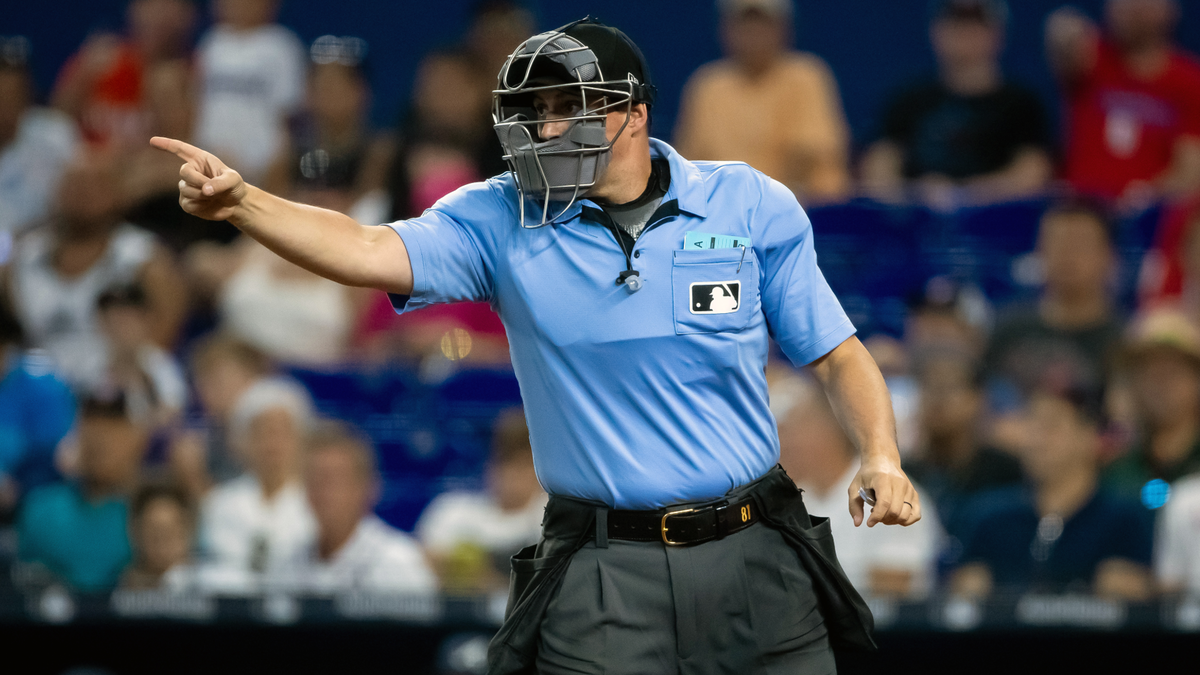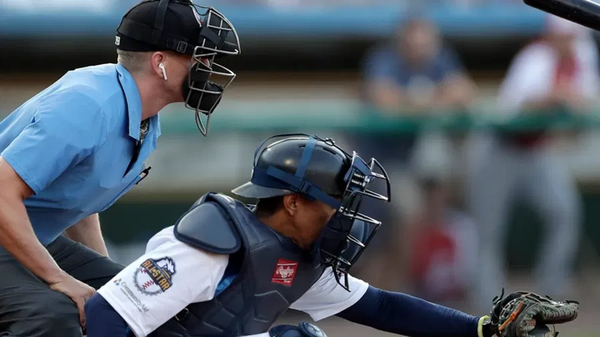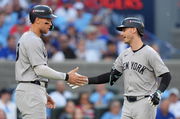

Major League Baseball is all geared up for a big change. This time, they want to eliminate what many consider one of the game’s biggest frustrations. It’s none other than the human error in calling balls and strikes. So, this spring, MLB tested an automated ball and strikes challenge system in the spring training games. The ABS lets hitters, pitchers, and catchers challenge calls they think the home plate umpire missed.
Watch What’s Trending Now!
This system is not a random thought. It’s come into being after years of testing this technology in minor leagues and independent leagues. MLB intends to now use ABS in the major leagues. The question, therefore, is not if or if not, but when and in what form.
On the surface, this sounds like a huge step forward. Umpires have struggled with inconsistency for decades, and the strike zone often feels like a moving target. Players and fans have called for accuracy and fairness time and again. But despite this, players are still wary about implementing this fully automated system.
ADVERTISEMENT

ADVERTISEMENT
Cleveland catcher Austin Hedges, for example, said, “This is everyone’s career. There’s a lot at stake. You don’t want to influence that at all. But the idea of it, if it can be perfected — or at least, 99 percent — I think it could be good.” Still, several players are not sold on the idea of removing that human element entirely. Even Washington Nationals first baseman Nathaniel Lowe said that he prefers to be punched out by a human. Lowe told the Washington Post, “Human error is forever and always a part of the game. There’s an error column. If I hit every pitch I swung at, I’d be a lot better. If pitchers made every pitch they tried to execute, we’d never get a hit. So I think the human error should stay forever.” So for him and others, the imperfections are what make baseball truly baseball.
Even veteran pitcher Max Scherzer added another layer to the debate. Part of his craft is about working with the umpire. Knowing how calls might get tilted and adjusted, he worries that an automated zone would simply erase those battles and strategic nuances. But what irks players the most is MLB’s tendency to make decisions behind closed doors. Justin Verlander from San Francisco Giants summed it up best: “They do everything behind closed doors and don’t include us in anything-in the game that we play and make our livelihood doing.” Early testing showed that the automated strike zone felt tighter and less predictable.
ADVERTISEMENT
Still, MLB is putting its trust in the system, even though players need more time to fully embrace it.
ABS works as intended in MLB spring training
Now, even though some players might have opposed the system, it has been largely successful in the spring training trial. Major League Baseball had shared its report, and the numbers show the system is doing just what it was meant to do. It was used in 288 spring training games, averaging around 4.1 challenges per game. That’s pretty close to what Triple-A saw this year with 3.9 challenges per game.
ADVERTISEMENT
Only 2.6% of all pitches got challenged, and just over half of those—52.2%—were overturned. Those stats line up perfectly with the Triple-A experience in 2024. But here is the real deal—each challenge took about 14 seconds on average. It was faster than the 16.6 seconds it took in Triple-A. So the ABS is keeping the game moving without many delays.
Umpires might not be thrilled since missed calls get shown live for everyone else to see. Like in one Padres-Dodgers game, when Andy Pages got called out on strike three with the bases loaded, it was challenged. The replay showed the pitch was way above the strike zone, and he got to keep hitting. And sure, some players are against it, and some are all for it, like Diamondbacks outfielder Alek Thomas.
Top Stories
Blue Jays’ Cody Bellinger Stance Confirmed as Ross Atkins Risks Losing Multiple Players, Deems Insider

Blue Jays Moves to Sabotage Yankees’ Cody Bellinger Plans as Ross Atkins Scrambles to Fix Kyle Tucker Misstep: Insider

Cody Bellinger Loses Yankees Veteran’s Trust as Bronx Nation’s World Series Hopes Thrown Into Chaos

Cody Bellinger’s MLB Future All but Confirmed as Yankees, Mets Lock Horns in Mega Battle, Per Insider

Mariners’ Brendan Donovan Hope Fades Quickly as Chaim Bloom Receives Bitter Reality Check

ADVERTISEMENT

Thomas feels the system can shake things up in the majors. “I think it would be cool to see it in the big leagues and to see how the game will shift. How much pressure that puts on the umpires, and it might change the game too.” Now, though, given the success of the system, it seems only some time before ABS makes its way to MLB.
ADVERTISEMENT
What do you think? Let us know in the comments.
ADVERTISEMENT
ADVERTISEMENT
ADVERTISEMENT